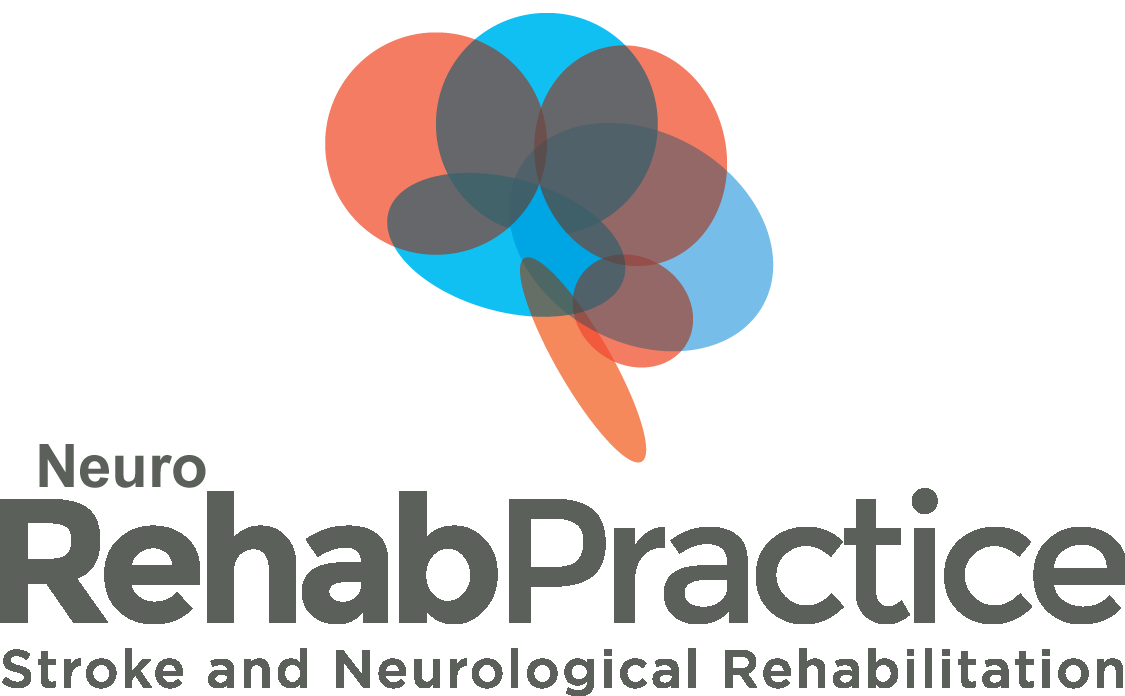The Rehab Practice Ltd Trading As:

Spinal Cord Injury (SCI)
How SCI may affect you
Your spinal cord is essential for relaying messages to and from your brain to the various parts of your body. If the spinal cord is damaged in some way (i.e. from trauma, stroke or tumour) the messages can be completely, or partially, disrupted affecting your body function below the level of injury. You may experience loss of muscle power, loss of sensation, and changes to other bodily functions such as breathing, bowel and bladder, and sexual function. Depending on your level of injury (i.e. where in the spinal cord the injury has occurred) and the extent of damage to the spinal cord will depend on your recovery. In addition to the physical impact of a spinal cord injury, you can also experience a significant emotional and/or psychological impact.
Your Assessment
Your initial assessment plays a significant role in your physiotherapy intervention. It helps us establish your impairments, your current level of function, and set specific goals for your rehabilitation (Mascip Clinical Guideline for Standing Adults following Spinal Cord Injury, 2013). There are standardised assessments specific to SCI that we may use during your assessment as well as assessments used across a variety of conditions. We like to refer to the International Classification of Functioning, Disability and Health framework (ICF), introduced by the World Health Organisation (WHO) in 2011, to help us determine the most appropriate course for your physiotherapy. The ICF looks at components of health with reference to the body, the individual and society. For example, with SCI, and the individual may have associated muscle weakness which impacts on their ability to walk or use their hands. This is turn impacts on their ability to participate in life activities such as their work or engaging in family life.
Treatment Plan
After the initial assessment is complete, we look at a treatment plan that can best achieve your goals and optimise your progress. Assessment continues throughout your rehabilitation, to establish new baselines and new goals to achieve.
Treatment Sessions
Your rehabilitation can generally be categorised into three stages: acute, sub-acute and chronic. We usually see individuals who have spent some time in hospital during the acute phase of their SCI and have moved into the more sub-acute or chronic phase of their rehabilitation. Treatment in the subacute and chronic phases focus on the promotion of neurological recovery, addressing underlying impairments, preventing secondary complications, maximising function as well as adopting compensatory or assistive approaches to maximise function. Treatment will look specifically at:
-
Bed mobility and transfers
-
Wheelchair mobility
-
Gait and standing
-
Cardiovascular fitness
-
Pain management
-
Respiratory function
-
Maintenance of joint range and skin integrity
-
Maintaining and strengthening innervated muscles
To achieve this, we use a variety of approaches including hands-on therapy, standing and gait retraining, strength retraining, and the practice of functional tasks using compensatory techniques and/or adaptive equipment. We may also look at whether you would benefit from other assistive technology devices such as functional electrical stimulation (FES). In addition to this, we will support you by referring you on to other appropriate services or therapies e.g. for further medical investigations, orthotics, or linking you with local SCI charities and support groups.
